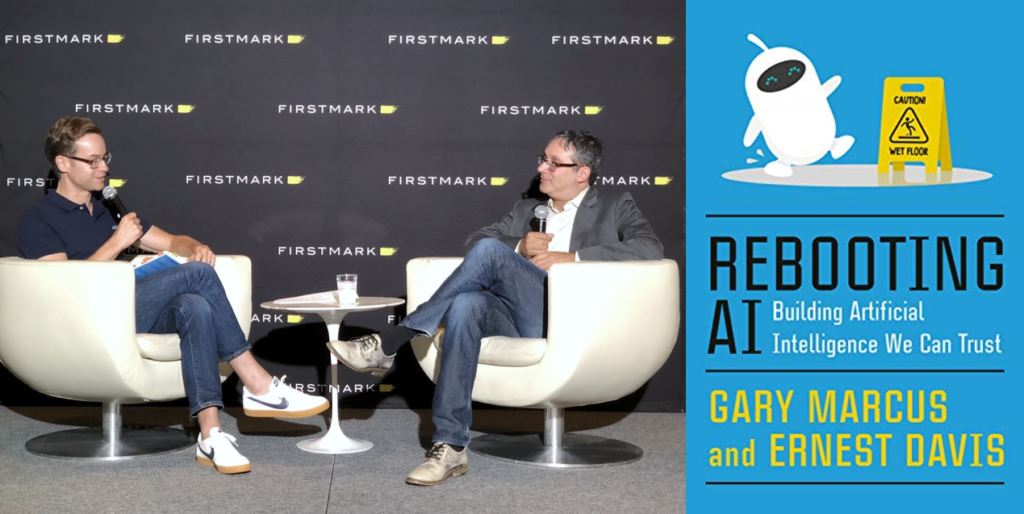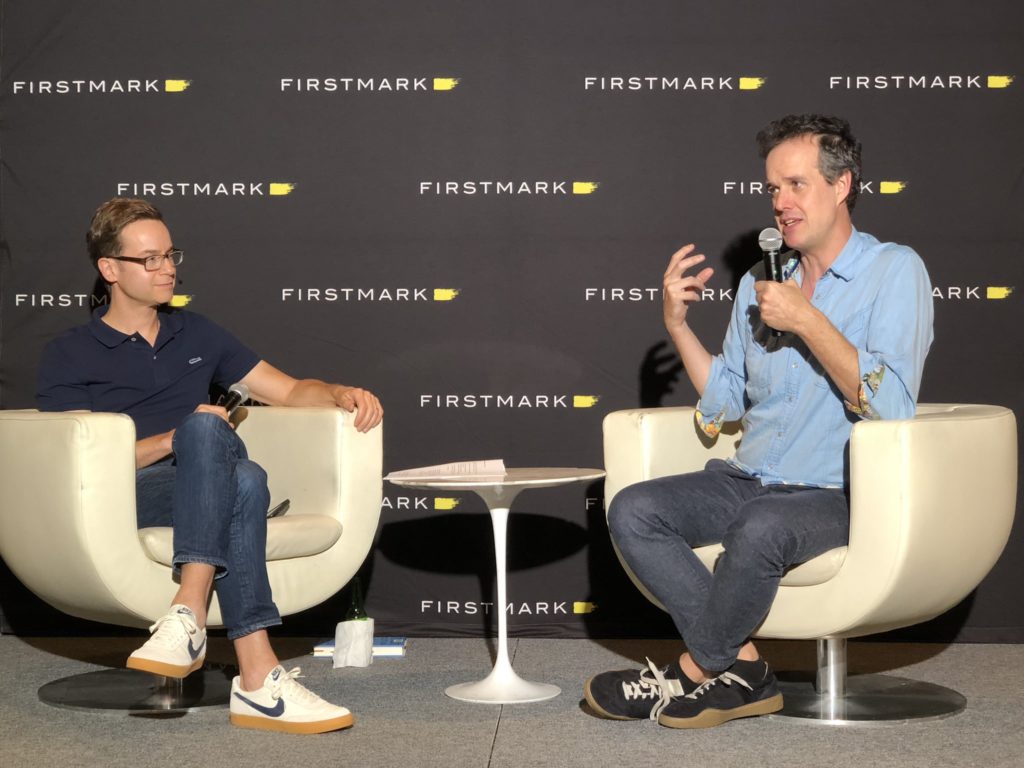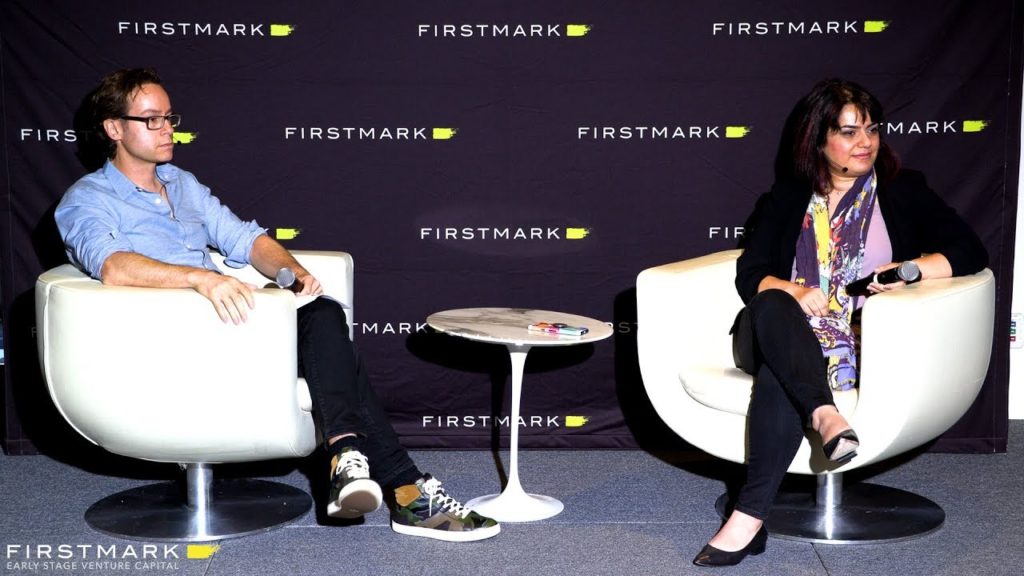
Should we be worried about the prospect of AI superintelligence taking over the world?
“In the real world, current-day robots struggle to turn doorknobs, and Teslas driven in ‘Autopilot’ mode keep rear-ending parked emergency vehicles […]. It’s as if people in the fourteenth century were worrying about traffic accidents, where good hygiene might have been a whole lot more helpful”.
This is one of my favorite quotes from “Rebooting AI: Building Artificial Intelligence We Can Trust,” a new book by Gary Marcus – scientist, NYU professor, New York Times bestselling author, entrepreneur – and his co-author Ernest Davis, Professor of Computer Science at the Courant Institute, NYU.
Gary did us a big honor recently: he chose to speak at Data Driven NYC on the evening of the publication of the book. He also signed a few copies. Our first book launch party!
Particularly if you’re trying to make sense of the still-ongoing hype around AI, including predictions of global gloom, Gary’s book is a fantastic read: a lucid, no-nonsense and occasionally provocative take on the current state of AI, that distills complex concepts into simple ideas, and includes plenty of interesting and often funny anecdotes.
The book builds on Gary’s earlier assessment of deep learning (see Deep Learning: A Critical Appraisal), and advocates for a hybrid approach to AI.
Below is the video of his talk at the event, plus a notes I derived from both the talk and the book. I’ll keep those brief as the book is worth reading in its entirety.
Continue reading “AI’s Trust Problem: In Conversation with Gary Marcus (Video + Book Notes)”
